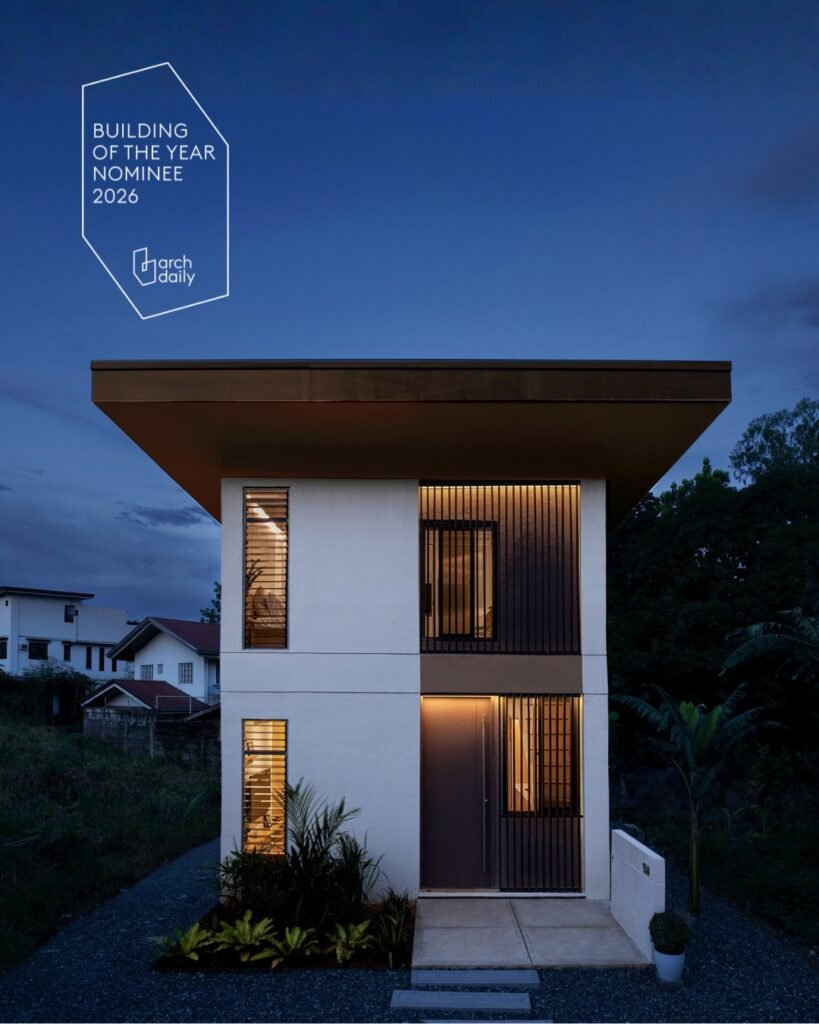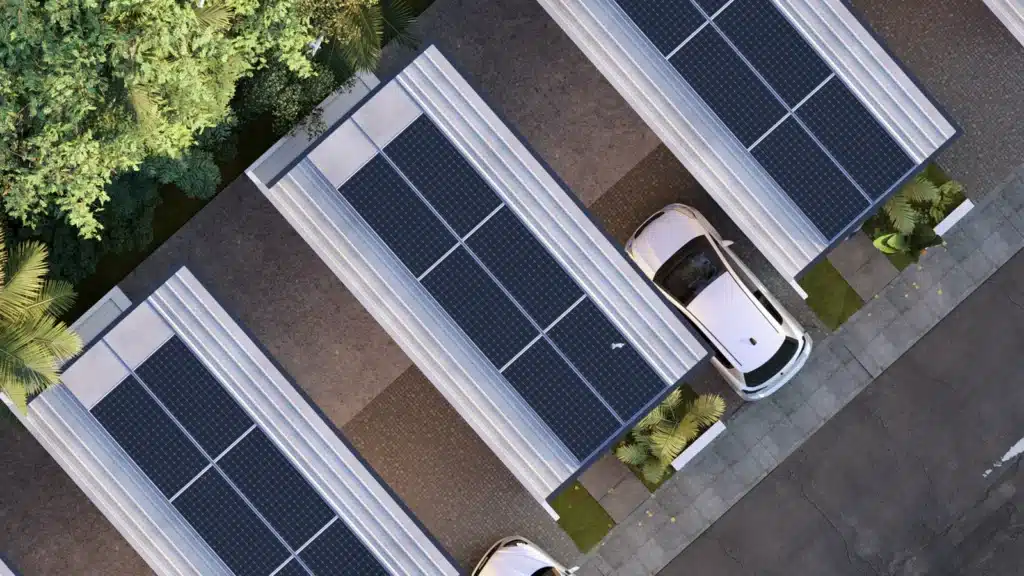There has been growing concern about the impact of human activity on the environment and the urgent need to address the issue of climate change. In recent years, the concept of a net zero lifestyle gained significant attention. This involves reducing one’s carbon footprint to the point where the amount of carbon emissions produced is balanced by the amount of carbon sequestered.
Marina Bay Area in Singapore: A Sustainable Hub with Over 50% Reduction in Carbon Footprint Since 2012
The eco-friendly lifestyle has the potential to make a significant impact on sustainability by reducing greenhouse gas emissions and promoting more efficient use of resources. This can help to mitigate the effects of climate change and ensure a more sustainable future for generations to come.
Economic Sustainability
Over the years, more people are recognizing the importance of reducing their carbon footprint and promoting living a sustainable lifestyle. While the environmental benefits of this approach are clear, there are also important economic implications to consider
One of the key economic benefits of a net zero lifestyle is the potential to save money on energy costs. According to a report by the International Energy Agency (IEA), the adoption of energy-efficient technologies could reduce global energy consumption by 12% by 2040, resulting in significant cost savings for households and businesses alike. Additionally, the use of renewable energy sources such as solar or wind power can help to reduce reliance on fossil fuels.
Another potential economic benefit of a net zero lifestyle is the creation of new green jobs. A report by the International Labor Organization (ILO) estimates that the transition to a low-carbon economy could create up to 24 million new jobs globally by 2030.
Environmental Sustainability
The environmental sustainability of a net zero lifestyle is becoming increasingly important in the fight against climate change. This simple sustainable living has a relevant impact on the environment.
One of the primary environmental benefits of a net zero lifestyle is the reduction of greenhouse gas emissions. By using renewable energy sources like solar, wind, or hydropower, households can significantly reduce their reliance on fossil fuels, which are a major contributor to climate change. In addition to reducing energy consumption, a net zero lifestyle also involves minimizing waste and using sustainable materials, which can help to further reduce carbon emissions.
Another important environmental benefit of a net zero lifestyle is the preservation of natural resources. By using sustainable products and materials, we can reduce our dependence on non-renewable resources like fossil fuels, which are finite and will eventually run out. Sustainable practices like composting and using reusable products can also help to reduce waste and protect our natural resources.
Social Sustainability
The net zero lifestyle is the first step to sustainable living. The social sustainability of net zero lifestyles involves the creation of communities that are not only environmentally friendly but also inclusive, equitable, and socially just.
One of the primary social benefits of a net zero lifestyle is the promotion of social justice. This lifestyle promotes equal access to resources and opportunities for all members of society. By reducing energy consumption, net zero lifestyles can help to reduce energy poverty, which is a significant issue in many communities worldwide. Additionally, renewable energy systems can create job opportunities and promote economic development in underserved areas.
Another important social benefit of a net zero lifestyle is the promotion of community resilience. By creating communities that are self-sufficient and reliant on renewable energy sources, households can become more resilient to disruptions caused by natural disasters or other emergencies. This resilience can help to protect vulnerable populations and ensure that all members of the community have access to essential resources like food, water, and shelter.
Role of BillionBricks in Sustainability
BillionBricks plays an important role in sustainability by creating sustainable housing solutions. Our designs are environmentally sustainable and use renewable energy sources, such as solar power, to reduce carbon emissions and promote a net zero lifestyle. We also prioritize the use of sustainable and locally sourced materials, which reduces the environmental impact of construction and supports local economies.
In addition to creating sustainable housing solutions, BillionBricks also works to promote social sustainability by creating inclusive and equitable net zero communities. By promoting social sustainability, we help create resilient and self-sufficient communities that can adapt to the challenges of climate change.
You can email us at hello@billionbricks.org to know more about our projects.
Sources
-
International Energy Agency. (2019). World Energy Outlook. https://www.iea.org/reports/world-energy-outlook-2022
-
International Labour Organization. (2018). Green Job. https://www.ilo.org/wcmsp5/groups/public/—dgreports/—stat/documents/presentation/wcms_195740.pdf
-
European Commission. (2021). Emissions Trading System (EU ETS). https://ec.europa.eu/clima/policies/ets_en
-
United Nations. (2021). Net Zero. https://www.un.org/en/climatechange/net-zero-coalition
-
International Energy Agency. (2021). Net Zero by 2050: A Roadmap for the Global Energy Sector. https://www.iea.org/reports/net-zero-by-2050
-
United Nations. (2021). Sustainable Development Goals. https://www.un.org/sustainabledevelopment/sustainable-development-goals/
-
United Nations. (2021). Social Sustainability. https://unglobalcompact.org/what-is-gc/our-work/social





